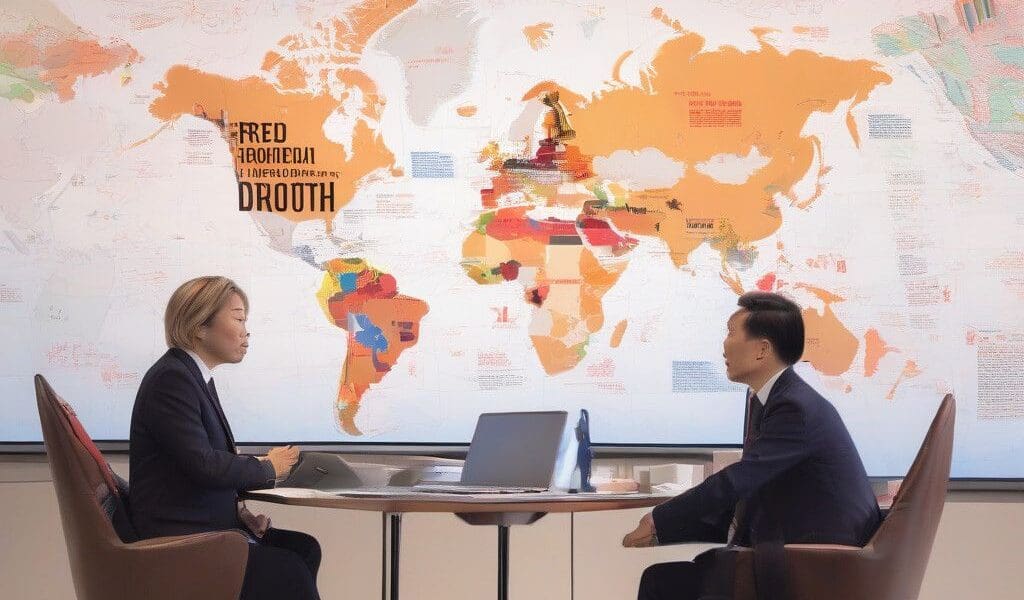Dutch Minister Advocates for Free Trade with China
During a recent visit to Washington, Netherlands Economy Minister Dirk Beljaarts underscored the importance of maintaining robust trade relations with China. His discussions focused on ensuring that ASML, the semiconductor equipment maker, can operate without undue restrictions as it plays a pivotal role in the global technology supply chain. Notably, Beljaarts spoke with US Deputy Secretary of Commerce Don Graves, directing the conversation towards enhancing bilateral trade and away from the tightening export restrictions currently affecting the semiconductor sector.
The significance of the semiconductor industry cannot be overstated, especially in light of recent pressures exerted on ASML by the US government. ASML, which stands as a principal supplier to chip manufacturers, recently encountered new export license requirements imposed by the Dutch government, attributed largely to US influence. As leading countries shift towards technological self-reliance, the dynamics of semiconductor exports have become increasingly complex.
Beljaarts highlighted ASML’s critical markets, which predominantly include Taiwan, China, and South Korea. These regions are essential not just for ASML, but for maintaining the Netherlands’ economic vitality. The minister pointed out that “we have our economy to uphold,” indicating a strong desire to preserve a balanced trade relationship that benefits the Dutch economy rather than succumbing entirely to external pressures.
Amidst rising tensions in global trade and semiconductor supply chains, it is vital to accentuate the need for free trade. The semiconductor industry has the potential to drive economic growth; hence, restricting access to vital markets could prove counterproductive. For instance, companies relying on ASML’s technology, including major firms like TSMC and Samsung, expand their production capabilities through cutting-edge equipment, ultimately boosting innovation and creating jobs across the globe.
Historically, the relationship between the Netherlands and the US regarding trade has been characterized by cooperation. However, the recent changes in export policy suggest a shift. For instance, the Dutch government’s adoption of new export controls under US pressure suggests a growing trend toward protectionism. Beljaarts’ comments signal a pushback against such tendencies by reaffirming the Netherlands’ commitment to free trade principles.
Furthermore, the role of technology in shaping trade relationships is becoming more pronounced. The rise of digital business models hinges on a free and open exchange of ideas and goods across borders. Policies that limit this flow risk stagnating not just national economies but the global economy as a whole.
An example worth considering is the ongoing initiatives to streamline customs processes through technology. For instance, the Global Trade Connectivity initiative aims to minimize barriers and enhance the flow of goods through better customs procedures, thereby fostering a more interconnected and efficient global trade environment. Such collaborative efforts signal the potency of mutual benefits stemming from trade partnerships.
In conclusion, as Minister Beljaarts advocates for a free trade approach, it is essential to recognize the interconnectedness of global economies, especially in sectors as critical as semiconductors. A balanced approach to trade regulation can ensure that economies remain competitive while fostering innovation. The importance of retaining a partnership with China should not be overlooked, particularly in an arena as competitive as technology and manufacturing. A forward-looking trade policy that embraces cooperation over restriction may well unlock new pathways for growth and progress in an increasingly digital world.








